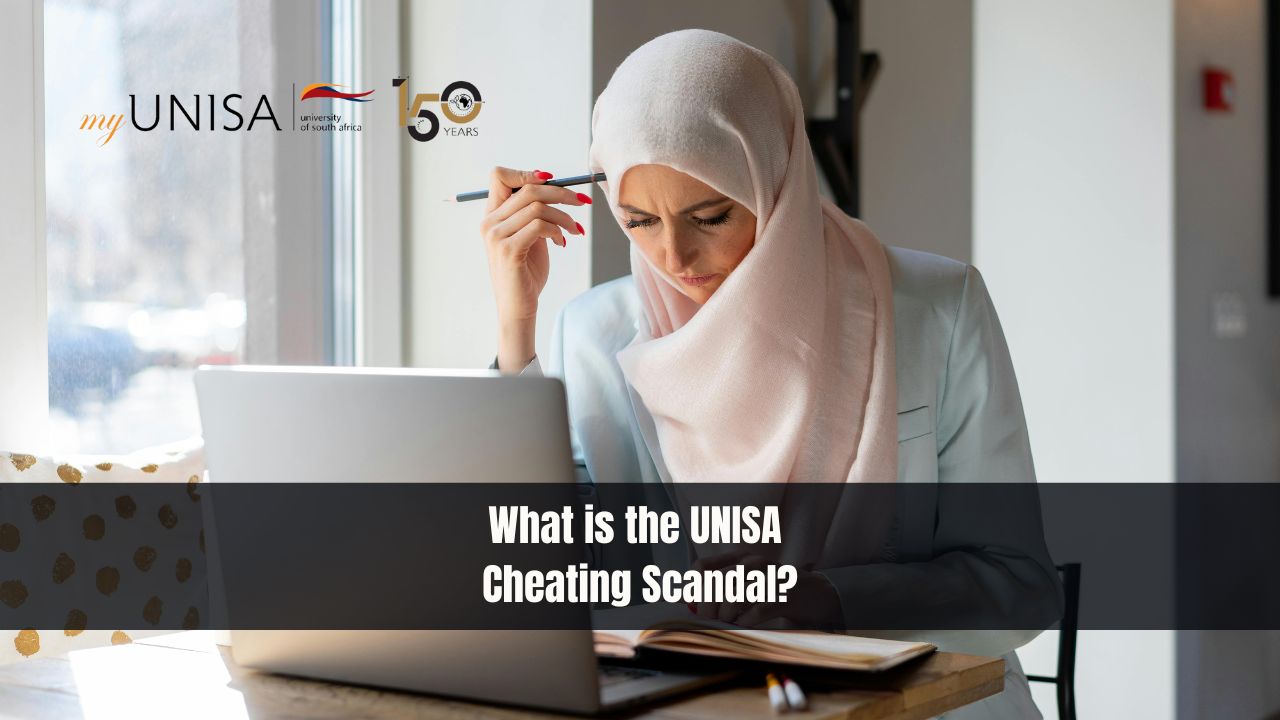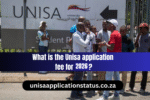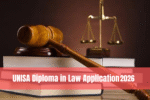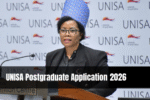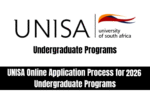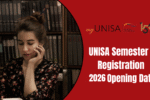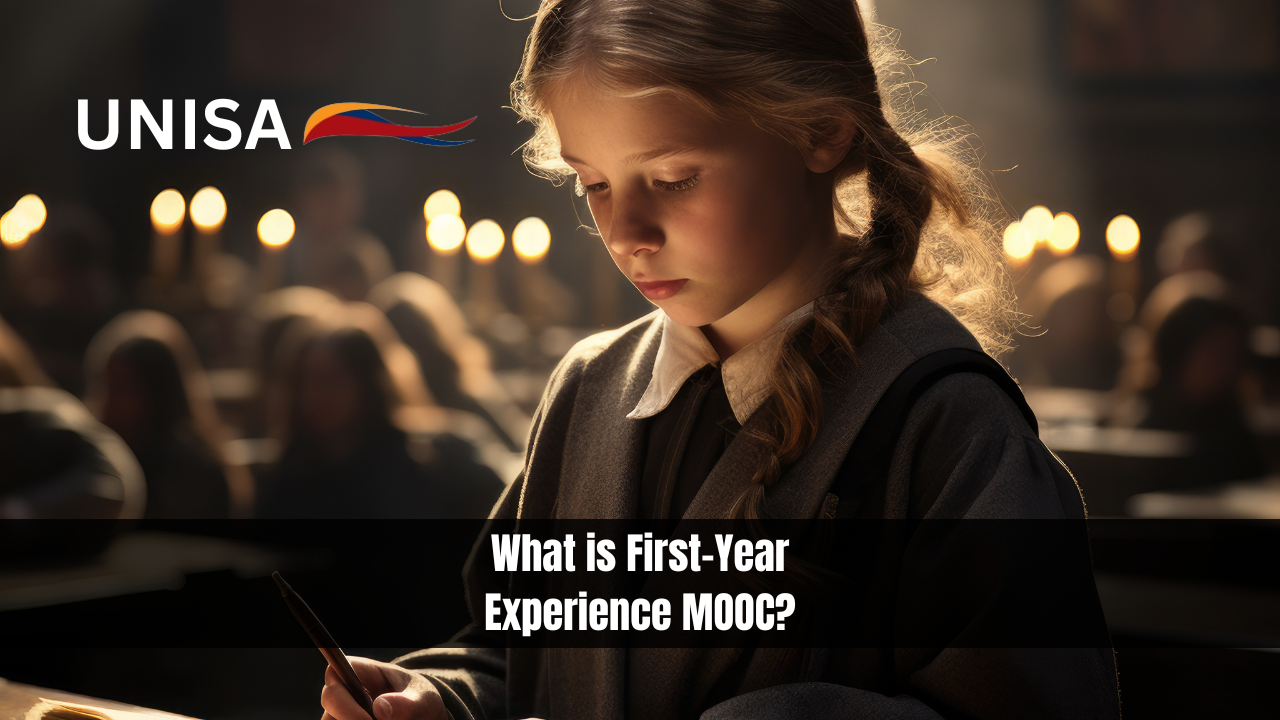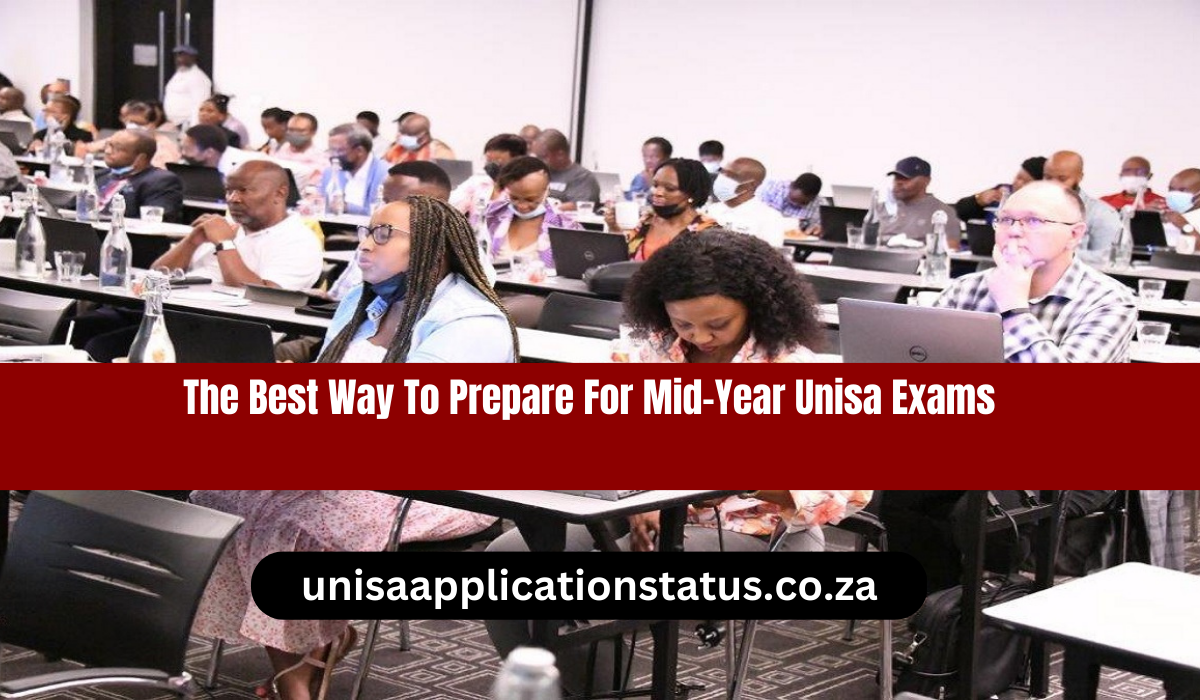What is the UNISA Cheating Scandal? The University of South Africa (Unisa) has recently found itself at the center of a significant academic integrity issue that has raised concerns across the educational landscape. This issue, widely referred to as the “Unisa cheating scandal,” has come to light following reports that a substantial number of examination papers—hundreds, in fact—were flagged as “disciplinary cases.”
What is the UNISA Cheating Scandal?
The core of the scandal revolves around allegations that students used unauthorized AI tools during their online examinations. As Unisa primarily conducts its exams online, the institution faces unique challenges in maintaining the integrity of the examination process. Unlike traditional on-site exams, where invigilators can closely monitor students in real time, online exams rely heavily on technology and student honesty. This environment can create opportunities for academic misconduct, particularly the misuse of advanced technologies such as artificial intelligence.
The Use of Banned AI Tools
The discovery of the cheating cases has prompted a rigorous investigation by Unisa’s academic and disciplinary committees. The banned AI tools allegedly used by students could include anything from sophisticated text generators to tools that solve complex problems—technologies that could give students an unfair advantage over their peers. The exact nature of these AI tools has not been fully disclosed, but their use has sparked a broader debate about the role of AI in education and the measures needed to prevent such tools from compromising academic integrity.
Challenges of Online Exam Invigilation
The situation at Unisa underscores a critical challenge in the current educational environment: the difficulty of effectively invigilating online exams. Unlike traditional exam settings, where invigilators can observe student behavior and immediately address any suspicious activity, online exams must rely on digital proctoring methods. These can include monitoring software, timed tests, and randomization of questions, but such measures are not foolproof. The Unisa cheating scandal highlights the limitations of these methods and the need for more robust solutions.
Moving Forward
In response to the scandal, Unisa is likely to implement stricter measures to safeguard the integrity of its examinations. This could involve more advanced invigilation technologies, stricter penalties for academic misconduct, and greater emphasis on educating students about the ethical use of AI. Additionally, this incident serves as a wake-up call for other educational institutions worldwide, emphasizing the importance of developing and enforcing clear guidelines around the use of technology in academic settings.
Conclusion
The Unisa cheating scandal is not just an isolated incident but a reflection of broader challenges in the rapidly evolving landscape of education. As technology continues to advance, universities and other educational institutions must adapt to ensure that their assessment methods remain fair, secure, and reflective of true student ability.

